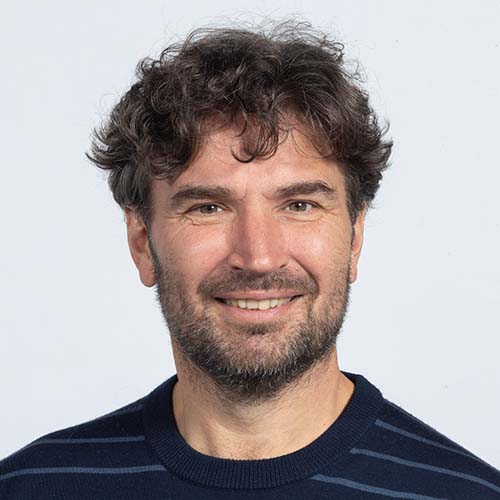What we do
About our project
What is the motivation for this research?
There is genetic susceptibility for skin cancer. Genome-wide association studies (GWAS) can help identify loci associated with skin cancer, without requiring a specific a priori hypothesis. We are also interested in investigating the genetic determinants of susceptibility to multiple KCs, because at least 30% of patients with KC will develop subsequent lesions within 5 years. Over 20 loci associated with KC have been identified, but new loci remain to be discovered. The identification of new risk loci requires the implementation of large scale GWAS, including thousands of patients and controls. We are part of several genetic consortia aiming to identify genes involved in susceptibility for pre-malignant and malignant KC.
What is the aim?
To identify loci for non-melanoma skin cancer and to understand the relationship between genes and environmental factors.
How will you perform this research?
In the Department of Dermatology we perform GWAS to identify loci for the most common forms of KC, namely basal cell carcinoma (BCC), and squamous cell carcinoma (SCC). The premalignant form of SCC, actinic keratosis (AK) is also of major interest. For these projects we use data from a population-based study, The Rotterdam Study, and also from available Biobanks. The projects are performed in collaboration with researchers from Europe (Iceland) and the United States.Collaborations
Internal collaborations
The Department of Dermatology is part of the Rotterdam Study. It contributes to the Rotterdam Study with dermatological assessments.
External collaborations
Doctor Simon Stacey. DECODE Genetics (https://www.decode.com)
Doctor Kavita Sarin, MD PhD Department of Dermatology Stanford University. USA (https://stanfordhealthcare.org/doctors/s/kavita-sarin.html)
Doctor Jiali Han. Professor and Chair, Department of Epidemiology Channing Laboratory . Boston, Massachusetts, Harvard University, USA. (https://www.hsph.harvard.edu/jiali-han/)
Publications
https://www.ncbi.nlm.nih.gov/pubmed/30520188
https://www.ncbi.nlm.nih.gov/pubmed/29767749
https://www.ncbi.nlm.nih.gov/pubmed/28081215
https://www.ncbi.nlm.nih.gov/pubmed/27646882


